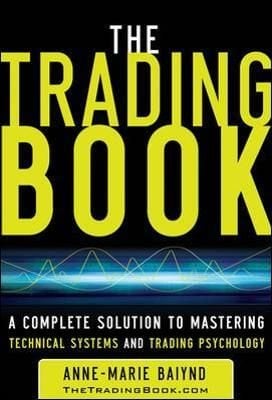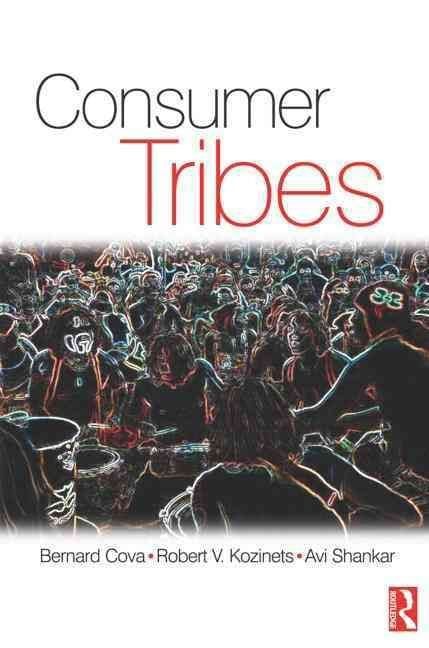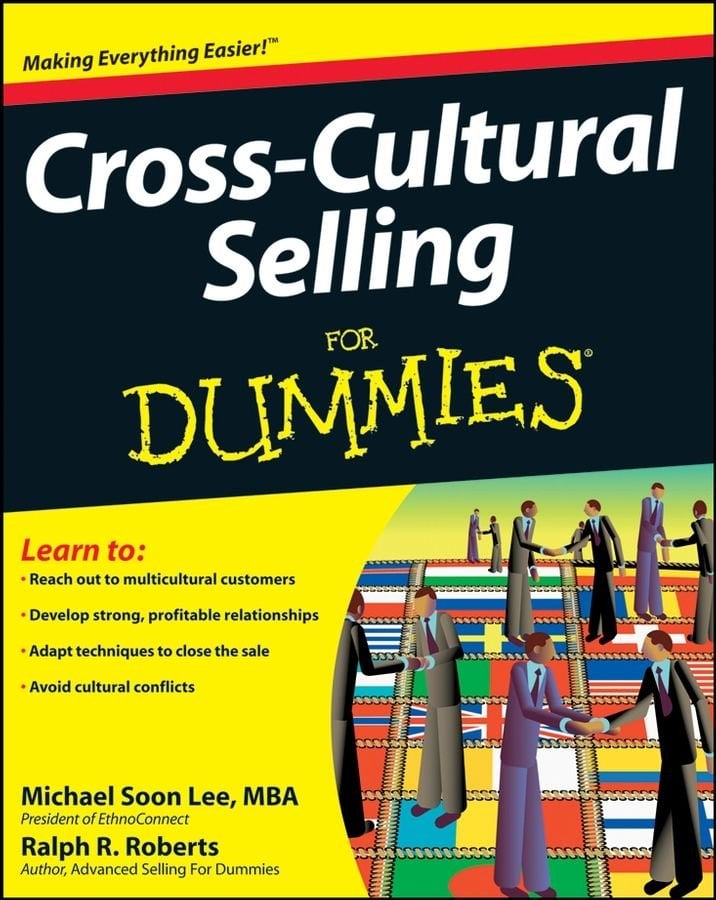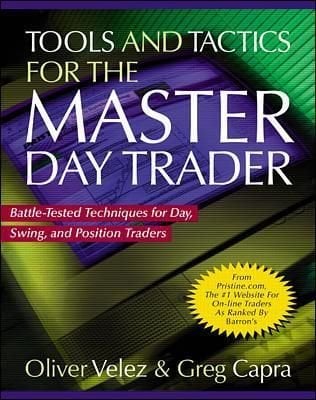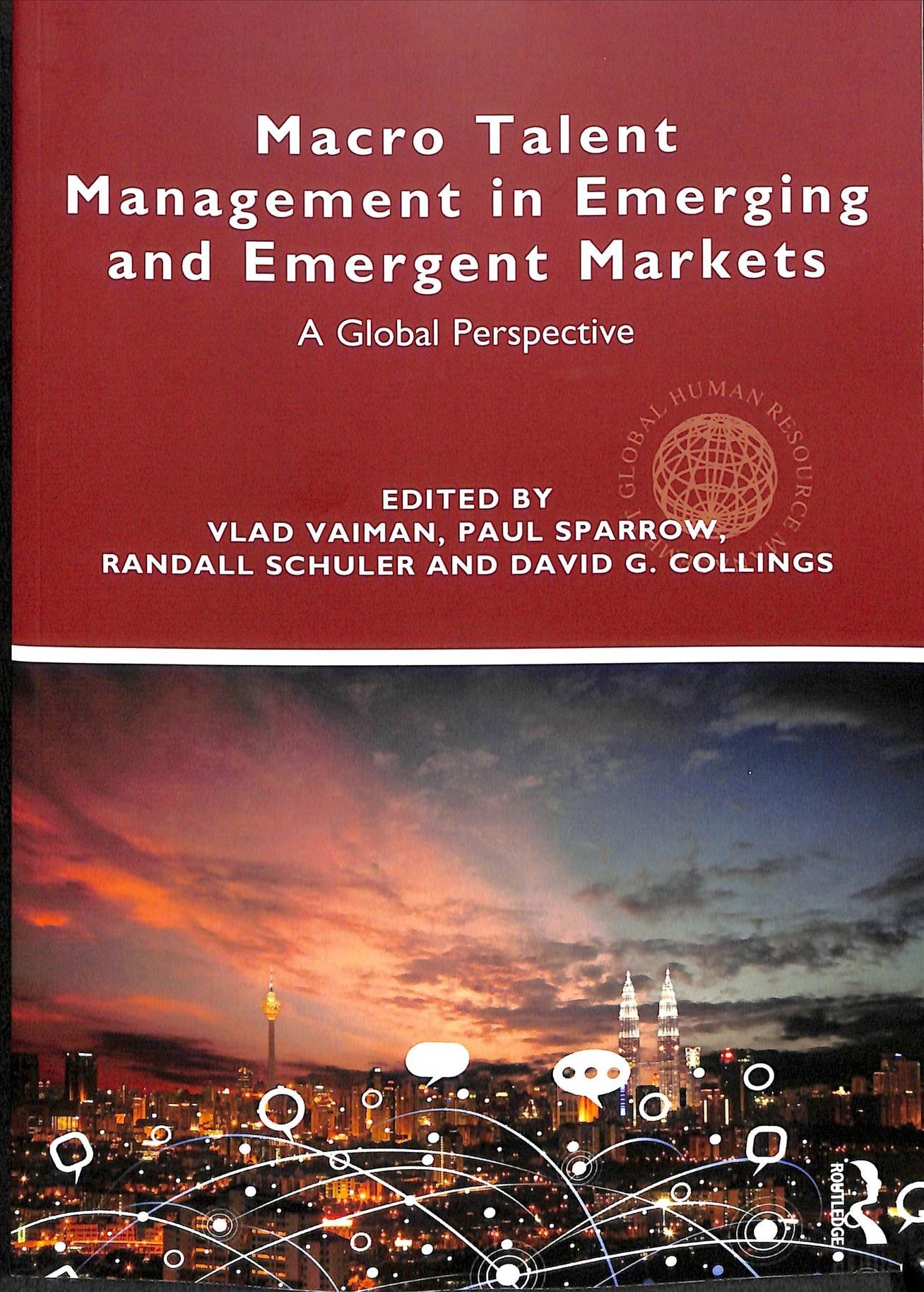There have been two global financial crises in the past century: the Great Depression of the 1930s and the Great Recession that began in 2008. Both featured loose credit, precarious real estate and stock market bubbles, suspicious banking practices, an inflexible monetary system, and global imbalances; both had devastating economic consequences. In both cases, people in the prosperous decade preceding the crash believed they were living in a post-volatility economy, one that had tamed the cycle of boom and bust. When the global financial system began to totter in 2008, policymakers were able to draw on the lessons of the Great Depression in order to prevent a repeat, but their response was still inadequate to prevent massive economic turmoil on a globalscale. In Hall of Mirrors, renowned economist Barry Eichengreen provides the first book-length analysis of the two crises and their aftermaths. Weaving together the narratives of the 30s and recent years, he shows how fear of another Depression greatly informed the policy response after the Lehman Brothers collapse, with both positive and negative results. On the positive side, institutions took the opposite paths that they had during the Depression; government increased spending and cut taxes, and central banks reduced interest rates, flooded the market with liquidity, and coordinated international cooperation. This in large part prevented the bank failures, 25% unemployment rate, and other disasters that characterized the Great Depression. But they all too often hewed too closely and too literally to the lessons of the Depression, seeing it as a mirror rather than focusing on the core differences. Moreover, in their haste to differentiate themselves from their forbears, today’s policymakers neglected the constructive but ultimately futile steps that the Federal Reserve took in the 1930s. While the rapidly constructed policies of late 2008 did succeed in staving off catastrophe in the years after, policymakers, …|Books|https://wordery.com/jackets/3acfa4e6/hall-of-mirrors-barry-eichengreen-9780190621070.jpg|9780190621070|Hall of Mirrors : Paperback : Oxford University Press Inc : 9780190621070 : 24 Nov 2016 : The Great Depression and the Great Recession are the two great economic crises of the past hundred years. In Hall of Mirrors, Barry Eichengreen draws on his unpa …|new|1|1|999|12.99|0|GBP|Barry Eichengreen|Oxford University Press Inc|24 Nov 2016|Economic history 9780190630034|Cracking the China Conundrum|23.99|https://wordery.com/cracking-the-china-conundrum-yukon-huang-9780190630034|Few countries command as much public attention as China. Its economic successes have altered global power relations and reshaped the debate on the virtues of market-led versus state-led capitalism. Yet despite such extensive media and academic scrutiny,the conventional wisdom about China’s economy is often wrong. Many see a collapse in the making but others see eventual domination of the global financial system. Yet whether one is debating its achievements or its vulnerabilities, the analysis of what has been happening is usually misguided. These include topics such as China’s potential debt and property market bubbles, its trade and investment relations with the United States and Europe, its efforts to broaden its regional influence by reviving historical trade routes and the links between corruption, growth and political liberalization. If the diagnosis is flawed, then so are the related policy prescriptions. There are many reasons why such judgments have gone astray, beginning with the absence of any validated framework for understanding an economy driven by both the market and the state. Moreover, China size, regional diversity and its unique decentralized administrative system shape outcomes in ways that are not easily captured by simplistic indicators or the usual themes. The lack of suitable analytical tools is further complicated by the biases that flow from the differing social and cultural values between China and the West. “Cracking the China Conundrum” is the key to understanding the reality and developing the basis for a more constructive dialogue.""–



